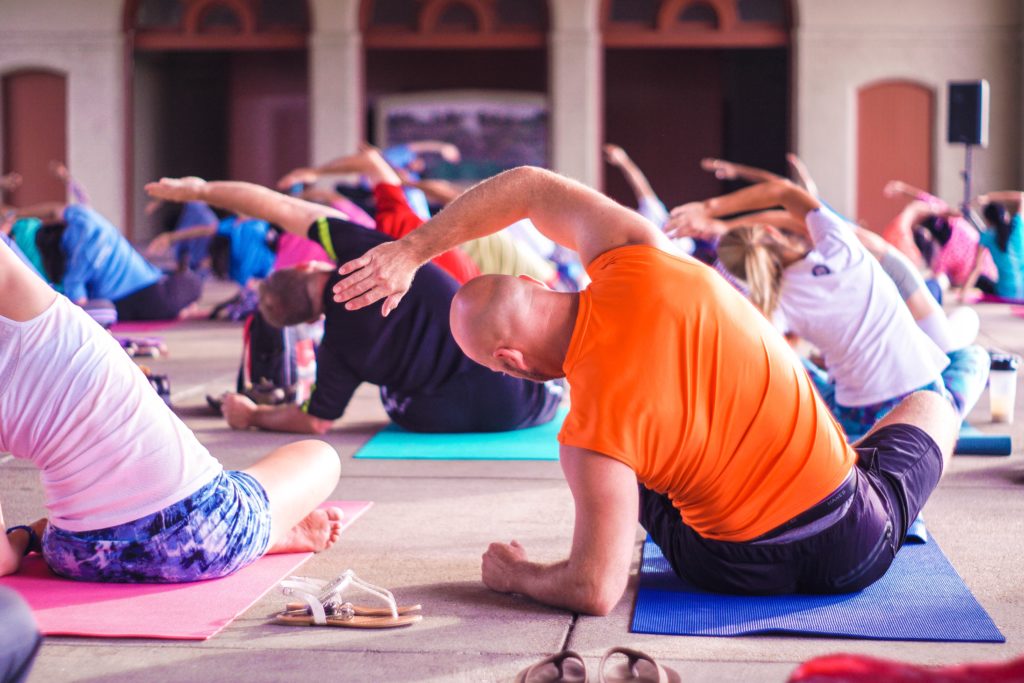Navigating the world of health and wellness can be so overwhelming, it gets difficult to distinguish the fads from scientific evidence.
When it comes to regular exercise, we know it contributes to overall health and well-being. According to Mayo Clinic, regular exercise improves mood, increases energy, helps control weight, promotes better sleep, reduces stress, strengthens bones, and the list goes on.
But what time of day is best to exercise? Is there a time that provides more benefits?
There is no evidence to support additional benefits to exercising at one time over another. Exercising at a certain time during the day does not burn more calories, says WebMD. What does matter is consistency. That’s why Heart.org recommends participating in healthy activities you enjoy. Exercising doesn’t always have to be cardio or strength training at the gym. Biking, hiking, swimming, dancing, yoga, etc. are other healthy activities that will keep your exercise routine consistent and enjoyable.
The ideal time of day depends on the individual. If you are an early bird by nature, exercising first thing in the morning may be your best option for staying consistent. If you are a night owl, getting your exercise in after work or dinner may make the activity more enjoyable.

Morning Exercise
- You have probably heard that working out in the morning speeds up metabolism which leads to more calories burned throughout the day. The National Institute for Fitness & Sport claims while this may be true for some, an increased metabolism depends on the effort put into the morning exercises.
- Research indicates that those who exercise in the morning are more likely to stick to their fitness routine, says Jerry Genesis, president of Genesis Wellness Group in an interview with Forbes.
- Morning activity has been linked with greater productivity the rest of the day due to increased cortisol levels says Business Insider.
Evening Exercise
- Exercising in the afternoon or evening can lower stress levels, according to Diabetes Queensland. Breaking a sweat later in the day can help eliminate stress that may have accumulated throughout the day and clear your mind.
- Some research favors late afternoon exercise because our internal body temperature tends to be warmer and our minds are more awake, leading to a more effective workout.
- Moderate activity in the evening can promote a better night’s sleep, according to the National Sleep Foundation, but be careful not to overdo it. Vigorous activity too close to bedtime can leave you tossing and turning.
Remember, the benefits of exercise depend on consistency, not the time of day. Exercising at a certain time during the day does not burn more calories, so plan to break a sweat when it best aligns with your schedule and goals.